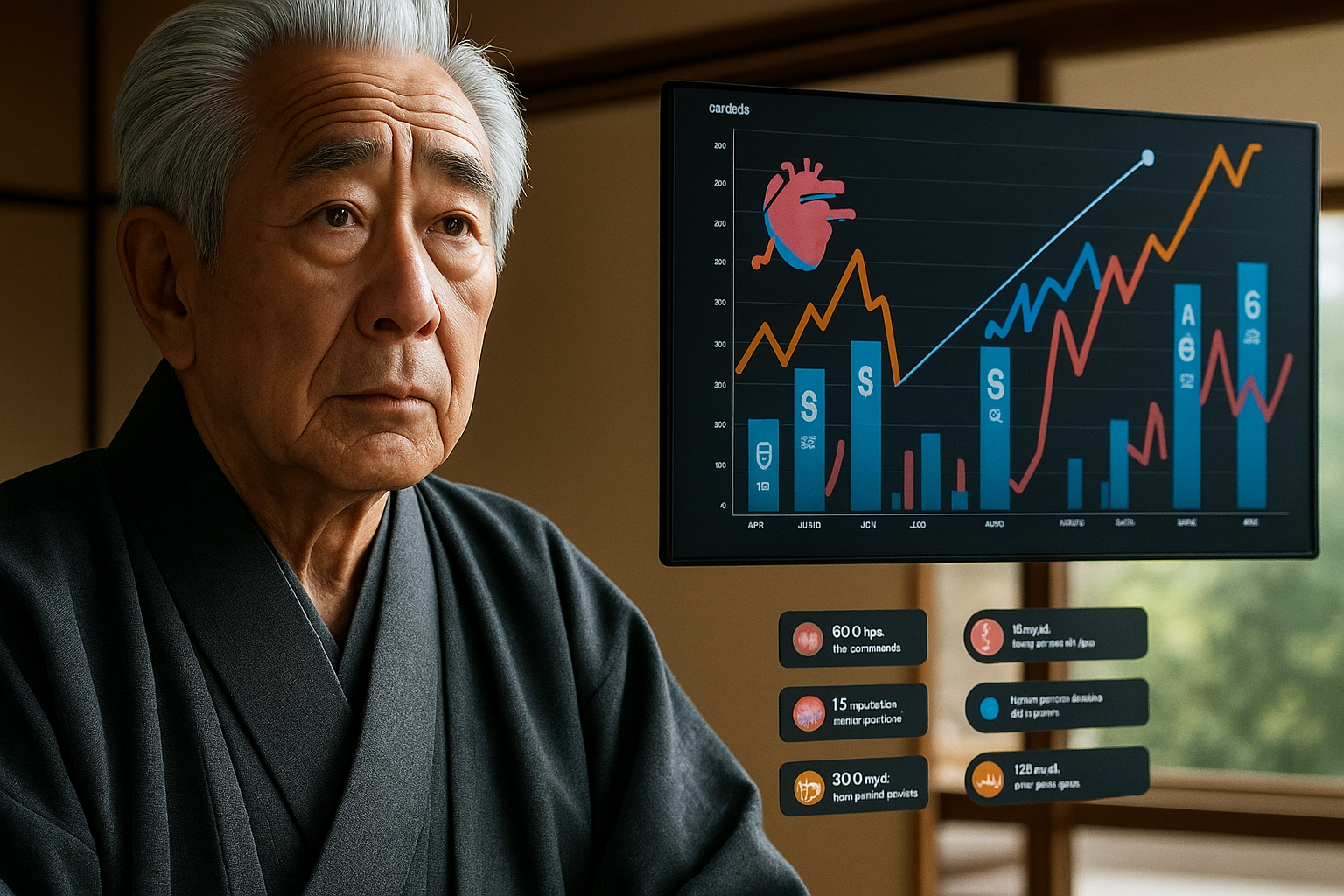
Heart failure (HF) poses a significant global health burden, particularly among aging populations. Sodium-glucose cotransporter-2 (SGLT2) inhibitors have emerged as a cornerstone therapy, reducing HF hospitalizations and mortality. However, their adverse drug events (ADEs), such as dehydration, urinary tract infections (UTIs), and renal impairment, necessitate comprehensive evaluation to optimize their use in clinical practice, especially in Japan where prescription trends are evolving.
This study utilized the Japan Medical Data Center (JMDC) and Japanese Adverse Drug Event Report (JADER) databases to examine SGLT2 inhibitor prescription trends and ADE profiles in HF patients from 2018 to 2022. Prescription rates were calculated annually, and ADEs were analyzed for frequency and type. Multivariate logistic regression was employed to assess associations between patient characteristics (age, sex, comorbidities, and concomitant medications) and ADEs, with odds ratios (ORs) and 95% confidence intervals (CIs) calculated. Decision tree analyses further stratified ADE risk factors to identify high-risk patient profiles.
SGLT2 inhibitor prescriptions for HF patients rose significantly from 1.63% in 2018 to 9.08% in 2022, with a sharp increase in 2021, reflecting growing adoption following clinical trial evidence. JADER data revealed an uptrend in ADE reports, predominantly dehydration (12.4% of reports), UTIs (8.7%), and renal impairment (6.3%). Logistic regression identified key risk factors: dehydration was associated with age ≥80 years (OR 2.1, 95% CI 1.8–2.5) and tolvaptan use (OR 1.9, 95% CI 1.6–2.3); UTIs were linked to female sex (OR 2.3, 95% CI 1.9–2.8) and renal dysfunction (OR 1.7, 95% CI 1.4–2.1); and renal impairment was tied to angiotensin receptor-neprilysin inhibitor use (OR 2.0, 95% CI 1.7–2.4) and prior renal dysfunction (OR 2.2, 95% CI 1.8–2.7). Decision tree analyses confirmed these risk stratifications.
The increasing use of SGLT2 inhibitors in Japan underscores their therapeutic value in HF management, but ADEs require careful monitoring. Personalized risk assessment, particularly for older patients and those with renal impairment, is critical to enhance safety and efficacy.
Source: https://www.tandfonline.com/doi/full/10.1080/14740338.2025.2539543

